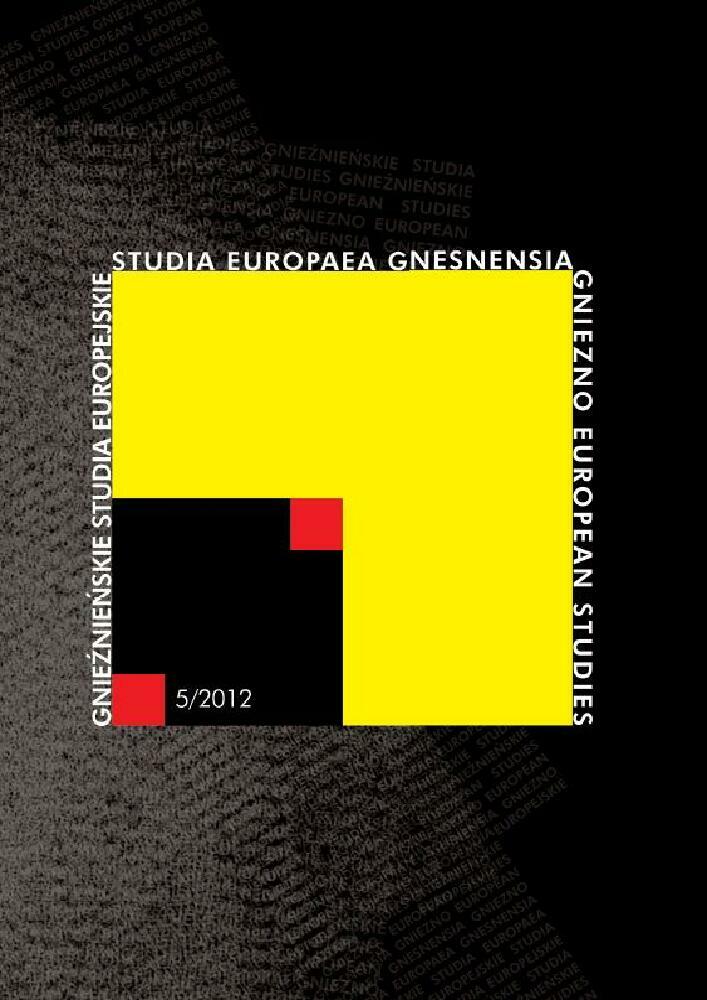Resumen
In the ancient times, Dionysius was repeatedly accused of starting conflicts and supporting Carthaginians in order to wage an “endless war”, which permitted him to consolidate power in his domain. The specific facts which were to testify to the tyrant’s betrayal, were included by un unknown author in a speech which was to have been allegedly delivered by a Syracusan oppositionist Theodoros. (D. S. XIV 65-69). The arguments of the orator aimed against the tyrant are biased, and perhaps even partially false. Many of the ruler’s decisions, which allegedly were to attest to his betrayal might be perceived in the categories of the ‘choice of a lesser evil”, for instance in the case of the Syracusan retreat fromGela. The orator asserted that Dionysius clandestinely agreed to conditions of the peace treaty which were unfavourable for the Greeks, a treaty which ended the first Carthaginian war; he does not mention however, that it was a run of defeats for the Hellenians. To a certain extent, one could agree with the charges made by Theodoros with regard to the policy of the Syracusan ruler towards the polis of the Great Greece. At first, the tyrant attempted to maintain the position of the commander-in-chief of all Hellenians fromItalyandSicilywho decided to fight against the Carthaginians. When this ambition failed, he realised that one day he would have to confront the forces of the ever more hostile Region and its allies, therefore he consistently prepared for the inevitable clash. He began a game with the potentially hostile polis of the Great Greece, which in turn made attempts to start cooperation in order to from a common front againstCarthage, simultaneously taking successive steps with a view to a final battle with them.
Citas
Berger S., Great and Small Poleis in Sicily: Syracuse and Leontinoi, Historia 40, 1991, s. 138.
Caven B., Dionysius I War-Lord of Sicily, New Haven, Londyn 1990, s. 116. DOI: https://doi.org/10.2307/j.ctt1xp3tbw
Freeman E.A., The History of Sicily, Oxford 1894, s. 129.
Frolov E., The Arche of Dionysius, VDI, 147, 1, 1979), s. 52.
Pearson L., Ephorus and Timaeus: Laqueur’s Thesis Rejected, Historia, 33, 1984, s. 1–20.
Plat., Polit. 566, tłum. W. Witwicki.
Stroheker K.F., Dionysios I. Gestalt und Geschichte des Tyrannen von Syrakus, Wiesbaden 1958, s. 77.
Wipszycka E. (red.), Vademecum historyka starożytnej Grecji i Rzymu, I/II, Warszawa 2001, s. 60.
Licencia
Copyright © 2012 by IKE and PTPN
